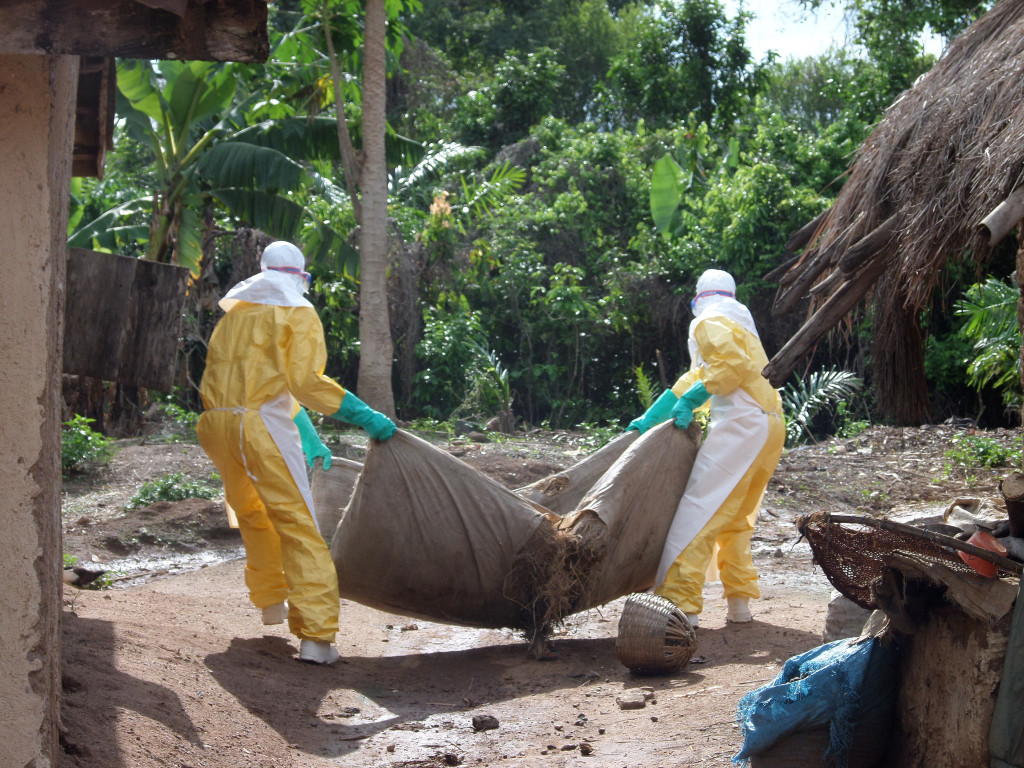Key Considerations
- Messages for safe burials need to be comprehensive (see Sample Message Response for a list of topics).
- Ensure that health experts consult with community members and religious leaders on what safe burials mean and together decide how they can safe yet remain meaningful for the community both traditionally and spiritually.
- Ensure that cemeteries for people who died from Ebola are chosen through consultation with the community.
- Not all burials practices are at risk. When there is no washing and no touching there is no reason to forbid practices.
- “Small” things are highly important as very symbolic, such as the color of body bags (e.g., important to ensure that no black ones are given to people working in Muslim communities).
Important people to involve in your communication efforts
Religious and community leaders, mass media, district health teams, Ebola task forces, local champions
|
Common Causes/ Contributing Factors |
Sample Message Response |
Sample Activities and Implementation |
|
Religious/traditional customs related to burials |
Messages should touch on: 1) Why safe burials are important 2) What safe burials mean 3) Who the burial teams are and what they do 4) How the family can take part in safe burials to make sure it is respectful 5) How the burial teams spray the body and get it ready for burial when a person dies in an ETU 6) How the burial teams wash the body and get it ready for burial if a person dies at home 7) How the body is moved and laid to rest in the ground 8) Information about the cemetery that will be used for Ebola victims
Ebola is spreading from person to person through traditional burial practices.
Tradition is important, but everyone must find a way to respect the dead and observe burial rites without putting themselves or anyone else in danger of catching Ebola.
When someone dies from Ebola, the Ebola virus in the body is still alive. Ebola can be easily spread from the dead body to others if we continue to care for our dead family members the way we are used to.
Ebola can spread when we touch, wash, plait or cut the hair of, dress, brush teeth or bury the dead body.
Safe burial is important because it helps stop the spread of the Ebola virus.
Safe burial is for everyone! If someone in your family dies, call XXX (or contact XXX) to bury them.
Burial is safe only when a trained team handles the body. [Provide information on the steps they take to prepare the body].
The burial teams know this kind of safe burial is very difficult for the family and the community and are trained to show respect to the body and the family.
|
National and local level convening and/or training of community and religious leaders to discuss their role in promoting safe burial
Call-in radio show with religious and traditional leaders about safe burials and dispelling rumors
Ensure community ownership of safe burials; hold dialogues with communities to get their input, and communicate agreed upon safe burial practices back to the community
Create a sermon guide that includes information about safe burials
A Fatwa over the status of Ebola victims and Ebola has been issued make sure the imams have a reference tool
|

